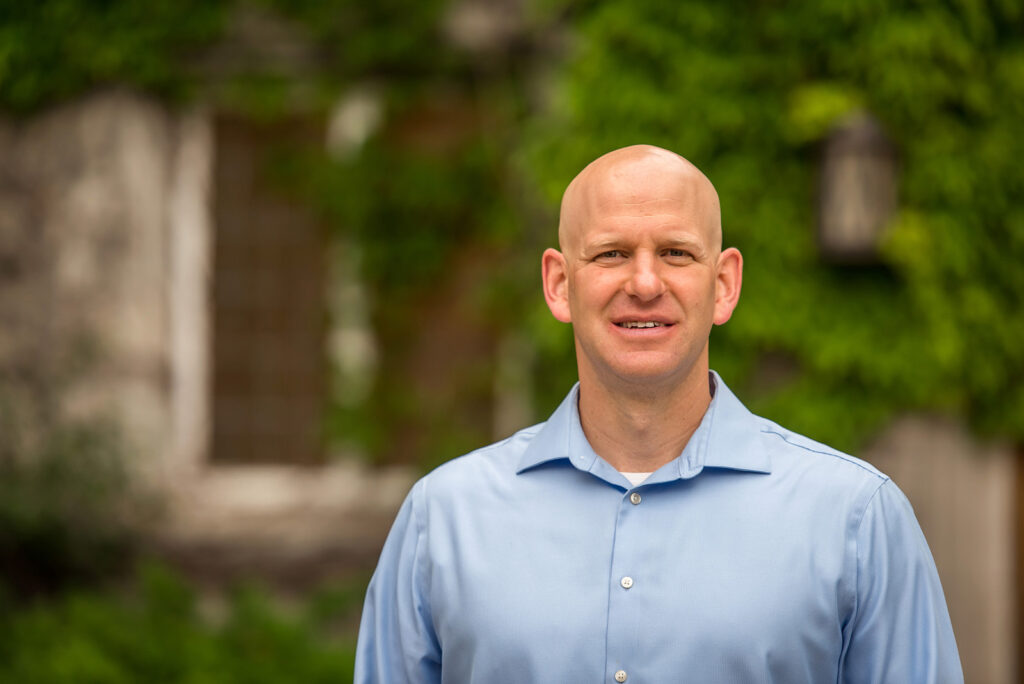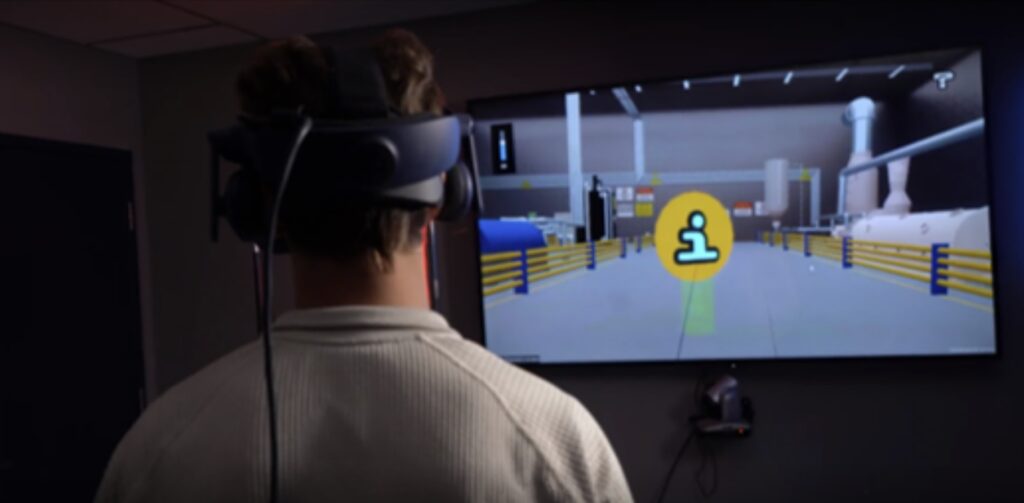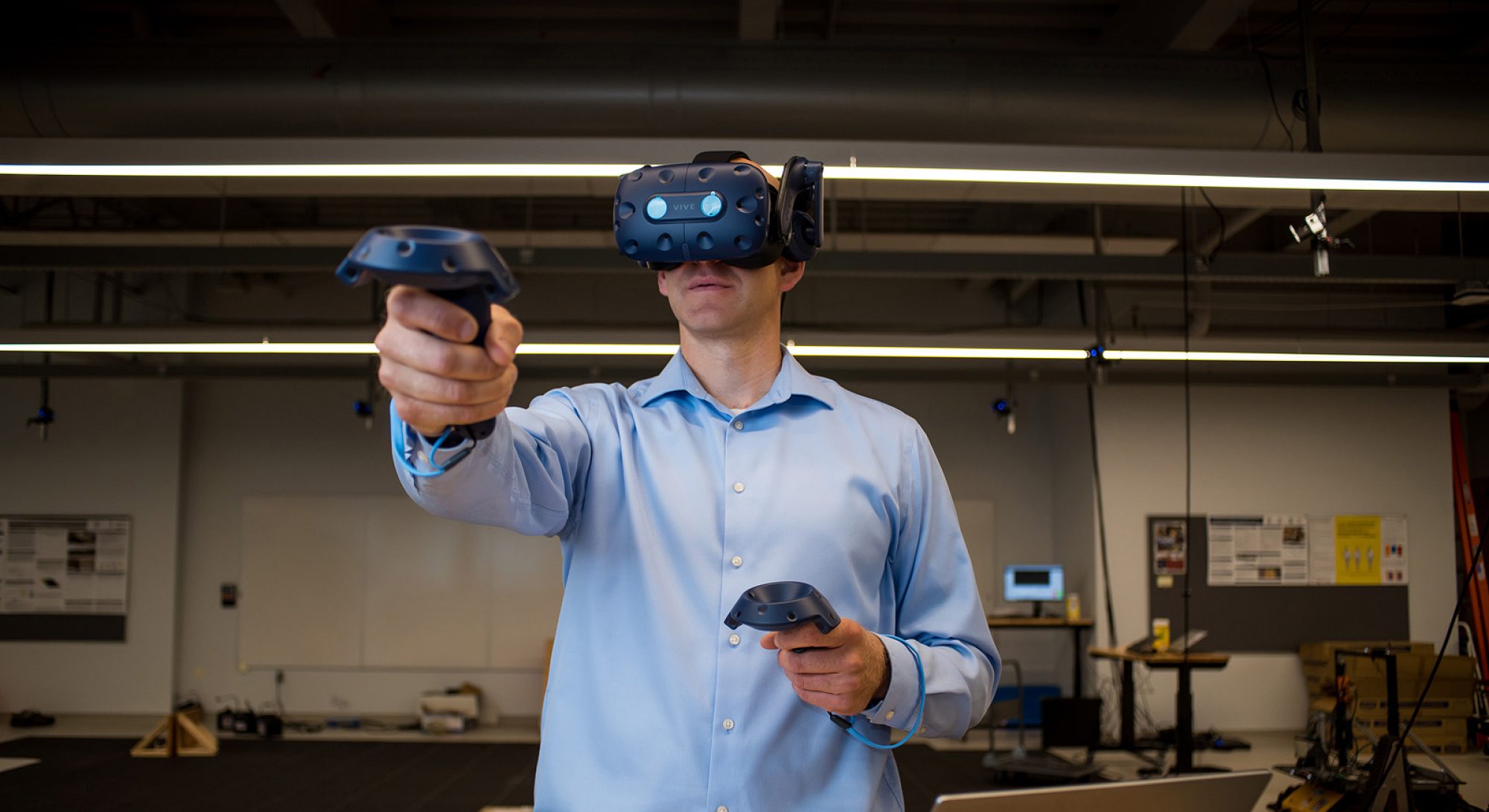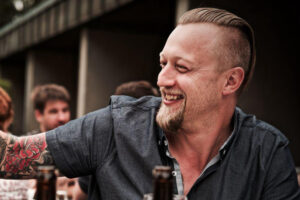Think back to a time when you sat in a classroom, struggling to stay engaged. Maybe the lesson skimmed over a concept you barely understood, leaving you lost. Perhaps it dragged on about something you had already mastered, making you restless. Traditional education assumes that all learners progress at the same rate, marching through a shared curriculum without considering individual strengths, weaknesses, or prior knowledge.
What if education wasn’t a one-size-fits-all approach? Imagine learning math by solving problems, where the difficulty of the problems adjusts to the speed of your solutions. Imagine practicing a new language with an AI tutor that slows down its speech when you hesitate and speeds up as you gain in confidence. Imagine a history lesson that presents material in pictures if you’re a visual learner or through storytelling if that’s how you most easily retain information. Adaptive learning isn’t imaginary. It’s the future of personalized education, where technology tailors curriculum to students, ensuring they’re appropriately supported and challenged as they learn.
At Queen’s University, Dr. Paul Hungler is pioneering research in adaptive learning to make this vision a reality. With a focus on engineering, he is leading the charge in developing personalized, technology-driven training experiences that prioritize efficiency, engagement, and competency-based progression. Dr. Hungler’s journey into adaptive learning was shaped by his 20-year tenure with the Royal Canadian Air Force. Overseeing online training, he saw firsthand how rigid, standardized instruction often failed to meet the diverse needs of learners, sparking his drive to find a more effective, personalized approach. “The military is not set up for that,” he explains. “Regardless of your trade or occupation, you take the same courses, get the same check marks, and take the same amount of time to get through. But when I was in charge of the whole system, I thought, this is pretty inefficient.”

This lack of flexibility is precisely the problem that adaptive learning and simulation-based training can solve. By integrating virtual reality (VR), augmented reality (AR), and adaptive algorithms, this approach engages learners in complex, life-like scenarios, ensuring they develop skills at their own pace. Dr. Hungler’s research is at the forefront of this transformation, making training more interactive and responsive to individual learning needs.
The Power of Adaptive Learning in Engineering and Beyond
Dr. Hungler’s research centers on intelligent, dynamically adaptive simulation. This approach customizes educational experiences in real-time, adjusting difficulty, pacing, and instructional content based on a learner’s progress and mental state. Using data from wearable sensors, machine learning techniques can decode subtle physiological cues—like a quickened pulse or dilated pupils—to gauge cognitive load and engagement, enabling the training system to adjust the simulation environment to an individual.
“The idea is that you get your own experience—it’ll be tailored to you, to your cognitive load, your expertise in a certain area. Your experience within a simulation will be very different from someone else’s,” he says.
For example, in engineering education, VR and AR can provide immersive, hands-on experiences that are otherwise impossible in a traditional classroom setting. Dr. Hungler developed a cutting-edge industrial facility in VR, allowing students to experiment with complex (and sometimes dangerous) systems without real-world consequences. He explains, “I built a chemical processing plant where students get to go in, do a tour, and then they get to change valves and do different things, which you would never be able to do in a real plant.” This kind of dynamic, experiential training has the potential to redefine education across disciplines, equipping learners with the skills and confidence they need to navigate real-world challenges long before they step into a physical workplace.

The Future of Education: Individualized and Immersive
The implications of adaptive learning extend far beyond engineering education. Medicine, aviation, and other high-stakes fields stand to benefit from this technology. Dr. Hungler is currently collaborating with an Ottawa-based flight training company to develop an immersive pilot simulator that moves beyond traditional, instructor-led training. “It’s fully sensored,” he notes.
“We have eye tracking—we know exactly where pilots are looking, whether they’re checking the right instruments, and we can provide precise feedback on their performance.” With this technology, he says, “we’ll be able to produce better pilots in a shorter time frame.”
Similarly, in the field of medicine, adaptive learning and simulation-based training are transforming how future healthcare professionals develop critical skills. Clinical simulation, powered by AI and augmented reality, allows medical learners to engage in lifelike scenarios where they can diagnose conditions, perform procedures, and respond to emergencies in a controlled setting. Dr. Hungler’s research focuses on making these simulation experiences more intelligent and responsive, adjusting complexity in real time based on a learner’s expertise, speed of decision-making, and cognitive load. “We can make [the scenario] more difficult, or we can make it easier,” he explains. This level of adaptability ensures that medical learners are consistently challenged at the right level, reinforcing skills without overwhelming learners.
Breaking the Mold: A Call for Change
Dr. Hungler’s work challenges the traditional structures of education, advocating for a system where students progress at their own pace based on their competencies, rather than arbitrary timelines.
“When you have choice in education and training, it’s powerful,” he emphasizes. “We’ve been too rigid for too long.”
As adaptive learning gains traction, Dr. Hungler’s work serves as an leading example for the future of education—one where learners are met where they are, guided at their own pace, and equipped with the skills they need to succeed.



